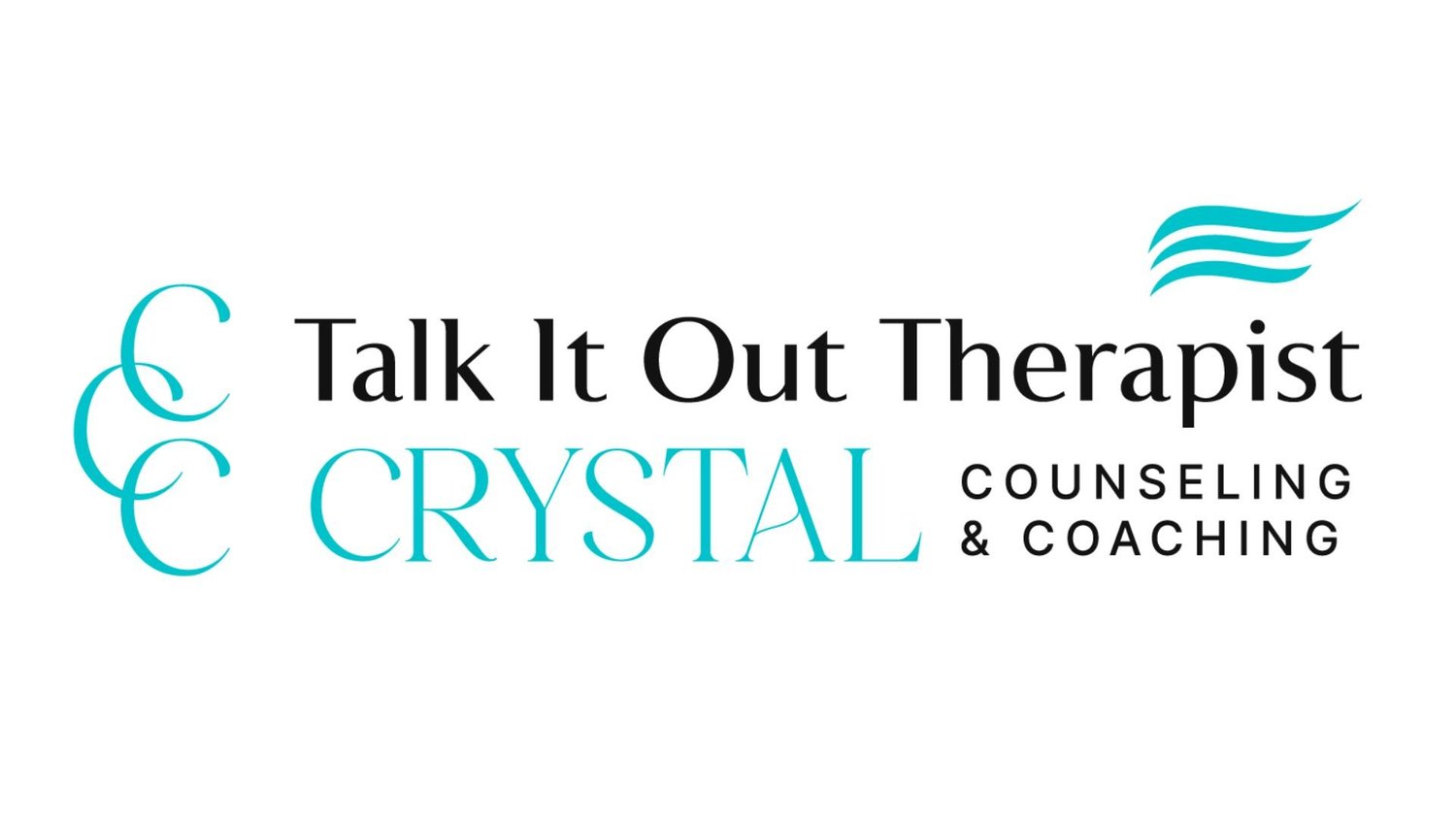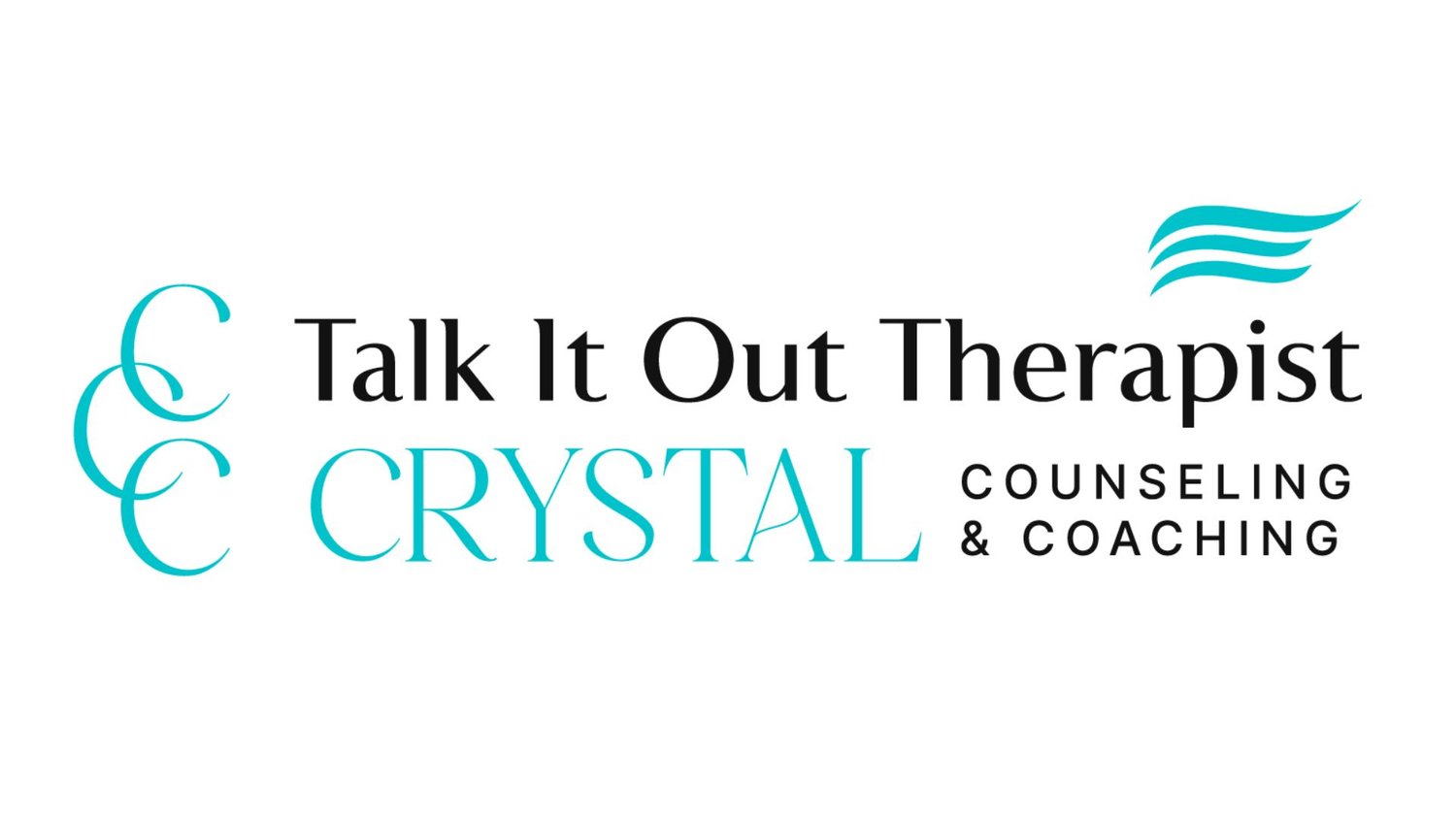The severe impact of burnout and how to take back control
It’s beginning to look a lot like burnout. (C’mon… someone had to say it.)
There is just something about the last 4-6 weeks of the year that makes burnout even more of a potential risk – especially for professionals with intensely stressful jobs. Suddenly, everything is due, every weekend is fully booked, the bank account has somehow never been lower, you’ve never felt more exhausted, you’re desperate for a break, and it is so dark outside!
In case you are not familiar with burnout, here is a quick overview of everything you need to know about what burnout is and how it impacts your overall wellbeing.
What is burnout?
Burnout is a specific type of work-related stress characterized by a state of physical, mental, emotional, and/or psychological exhaustion that typically includes a lost sense of identity and fulfillment. While burnout most often refers to professional burnout or burnout in a job setting, burnout can also apply to any area of life where effort is applied, such as with parenting, caretaking, adulting, etc.
What causes burnout?
Many things can cause burnout, but the primary causes of burnout include:
Unmanageable or unreasonable workloads
Over-exposer to prolonged intense mental stress
Unfair treatment at work
Toxic social dynamics with colleagues
Confusing work responsibilities
Immense deadline pressure
Loss of personal boundaries
Overt exposure to negative or upsetting news and/or situations
When does burnout happen?
Burnout does not happen overnight. It’s a gradual process that builds with mounting stressors until eventually, you feel constantly drained and mentally swamped.
How does burnout affect your mental health?
Burnout is the mental, emotional, physical, and psychological reaction to constant stress, and while it can affect every aspect of your wellbeing, it specifically takes a significant toll on your mental health. Prolonged stress depletes your adrenal supply and other stress hormone centers until there is not much (if anything) left. Without these stress regulating hormones, the biological balance of your mind (and your digestive system) can become severely unbalanced.
This imbalance can quickly snowball and cause intense symptoms of depression and anxiety to present themselves. As a result, burnout symptoms often include:
Insomnia (feeling ‘tired but wired’)
Intense irritability
Numbness
Detachment
Apathy
Anger
Cynicism
Feelings of hopelessness
How does burnout affect your relationships?
As you might imagine, feeling emotionally disengaged can absolutely impact your relationships. Burnout often results in a lack of interest in activities previously enjoyed, and hobbies and relationships that once seemed fun or meaningful may seem pointless if burnout is being experienced. As a result, people suffering from burnout may withdraw into isolation and/or feel an excess of irritability or annoyance from a partner’s efforts to connect. Additionally, burnout stress is known to weaken libido and can cause a decline in sex drive.
How to recover from burnout – Three ways to reset
Call it what it is.
In my work with clients, I have found that there is so much freedom and healing that takes place when we call things what they are. In other words, you are not crazy (or lazy). Your relationship isn’t bad. Your life is likely not nearly as much of a mess as it might feel like. It’s not you or your relationship. It’s burnout, and one of the best ways to begin dealing with burnout is to first identify it.Take back control.
One of the worst symptoms of burnout is the sense of powerlessness that is so often felt. It can be very challenging to see the ways in which you have the power to change the situation. How you take back control may vary depending on your unique job circumstance, but the general rule of thumb is: don’t be silent. Silence is ultimately unhelpful in this situation. Whether you need more time, an extended due date, more help, or better boundaries, vocalizing your needs and advocating for your mental health and wellbeing is not weak or selfish – it’s an act of courage!Talk to a therapist.
If corporate burnout is something you are familiar with, then you’re not alone. The Great Resignation is still being felt across the globe. Every single day, professionals are quitting their jobs due the intense emotional exhaustion and chronic stress of demanding obligations. Burnout is a problem that is impacting nearly every industry, so before you quit your job out of desperation, I invite you to explore other stress coping options first.
Learning how to manage burnout can help you improve your sense of wellbeing and allow your career to progress in a healthier way. If you would like to set up a therapy or coaching session, I offer convenient virtual services with an easy pay-as-you-go scheduling feature. Please contact me to request an appointment. I would love to hear from you! I am here to make quality care as easy and accessible as possible, so if you have any questions, please let me know.


